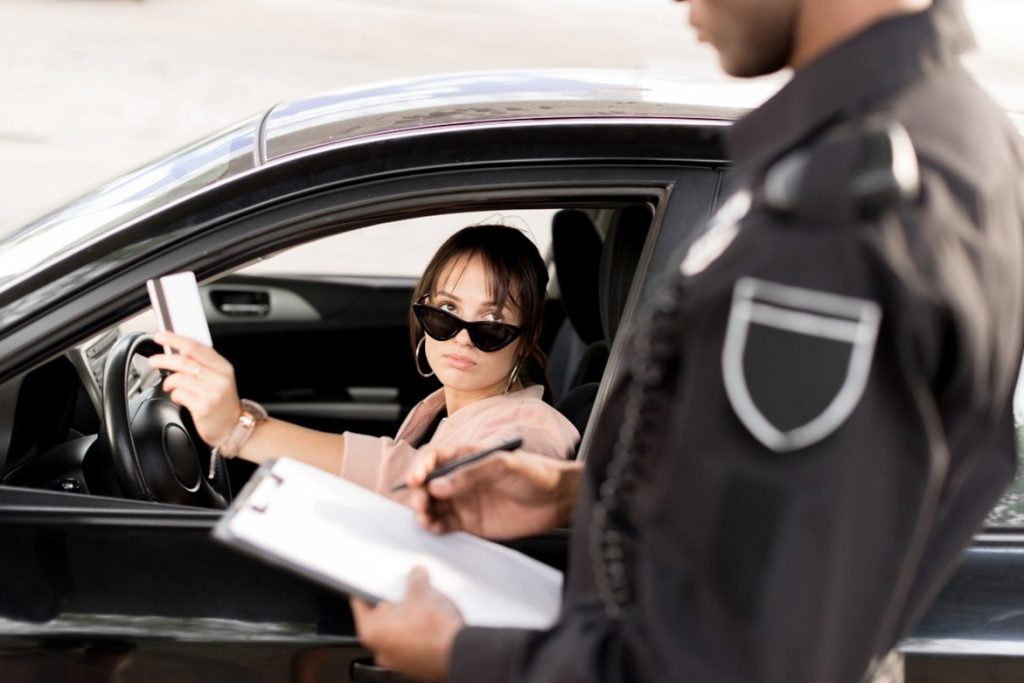Kenneth Burton Holmes is a combat veteran and owner of Tennessee Bonding Company, a bail bond service company in Knoxville. In the following article, Kenneth Holmes discusses how navigating a DUI stop can be a nerve-wracking experience, but being aware of your rights can make all the difference. Below, Kenneth Holmes sheds light on what to say—and more importantly, what not to say—when you find yourself in this situation.
In the United States, approximately 37 individuals, or one every 39 minutes, die due to drunk-driving crashes every day, according to the National Highway Traffic Safety Administration (NHTSA).
In 2021, 13,384 individuals became a casualty of drunk-related car accidents, a 14 percent increase from the previous year. To make matters worse, all the deaths were preventable.
Unfortunately, DUI, or Driving Under the Influence, is very common. Kenneth Burton Holmes explains that the
reports that about 1 million arrests are made annually for driving under the influence of alcohol and/or drugs in the United States.
Kenneth Holmes says that all drivers must know their rights when pulled over by authorities for a DUI. It is also crucial to know what and what not to say so as not to implicate oneself. Learn more.
Kenneth Holmes on Responding to a DUI Stop: What To Do
Driving a motorcycle or vehicle under the influence of alcohol and drugs is prohibited. When a law enforcement officer suspects a driver is alcohol-impaired, they will typically pull them over to ask questions and have a look at the driver’s license and registration.
To confirm that the driver is inebriated, the police officer may request the driver to take some field sobriety tests or other DUI tests. If the officer has probable cause to believe that the driver has been driving under the influence, the driver will be arrested and taken to a hospital or a police station for further testing.
The tests may include a urine, blood, or breath test. Kenneth Burton Holmes explains that at this point, the driver should call his lawyer for a consultation. If he is charged with a crime, he should work with his lawyer to prepare a defense and protect his rights.
The Driver’s Rights: How to Communicate with Law Enforcement
Speaking of rights, every driver should be aware of their privileges during encounters with law enforcement, including DUI traffic stops. This ensures their safety and legal protection.
The following are the driver’s rights when pulled over by a police officer for DUI:
The Driver Has the Right to Remain Silent
When a driver is pulled over for suspected DUI, it is important that he follow the standard pull-over procedures. This includes providing the required documentation (driver’s license, vehicle registration, and insurance information).
Once documentation is handed over, the driver is not required to provide additional information or answer any questions. The officer will surely ask plenty of questions, so the driver must do his best not to incriminate himself. The best way to do this is to practice his right to remain silent.
However, the officer will ask some basic questions and the driver must answer politely and with respect. If the officer asks “Do you know why I pulled you over?” the driver must reply with “No, officer. I don’t know why you pulled me over.”
If he asks for documentation, simply state where they are and ask for permission before reaching for them.
 The Driver Has the Right to Refuse Sobriety Tests
The Driver Has the Right to Refuse Sobriety Tests
Kenneth Holmes notes, as mentioned, the law enforcement officer may ask the driver to take sobriety tests which include the One-Leg Stand Test, the Walk-and-Turn Test, and the Horizontal Gaze Nystagmus Test.
Kenneth Holmes of Tennessee Bonding Company says that it is important to know that these tests are voluntary, and the driver has the right to refuse them. If the driver chooses to take a test and fails it, he also has the right to challenge the validity of the test right there and in court, as these tests are mostly unreliable and often excluded from evidence during court trials.
The Driver Has the Right to Contact Legal Counsel
Kenneth Holmes of Tennessee Bonding Company explains that if the driver is arrested for DUI, he may contact his attorney immediately. He has the right to refuse any further tests at the police station or answer any questions during the custodial interview unless advised by his legal counsel.
In conclusion, the driver can refuse to answer any questions or undergo a sobriety test, but it’s also important to remain polite and respectful to the officer. The driver should make it a priority not to incriminate himself – it’s advisable to wait for his legal counsel who will enlighten him about the severity of the charges and what the next steps would be.








